Somehow, The Emperor Returned
In which Norm gives CALIGULA one more chance.
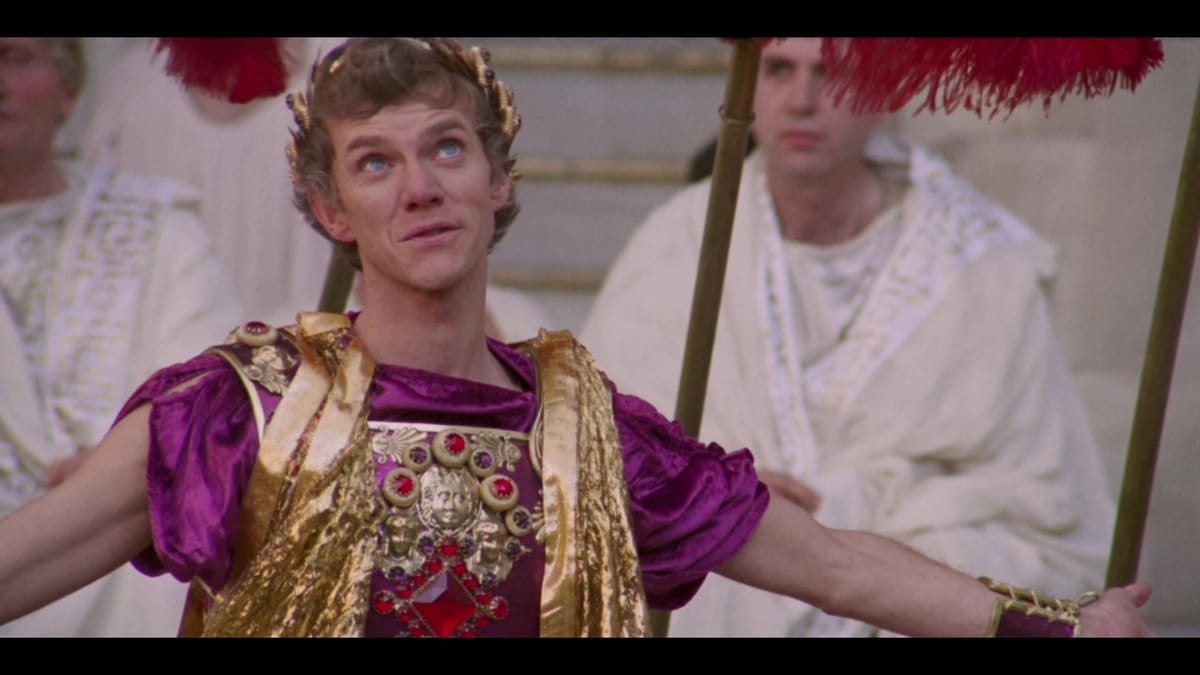
This weekend, the New York Times ran a piece about Francis Ford Coppola’s Megalopolis marking the return of the expensive auteur-driven flop, placing it in the canon with Cleopatra, At Long Last Love, Heaven’s Gate and Ishtar, among others. It’s weird that the writer doesn’t even acknowledge the existence of One From the Heart, Coppola’s first passion project that failed to set the box office on fire, and by no means his last. I assume that would blunt the thesis.
But there’s another sort of fiasco that no one ever talks about: The terrible movie that makes a lot of money. I give you Caligula, the famously contentious tale of Roman debauchery from Gore Vidal and Tinto Brass by way of Bob Guccione.
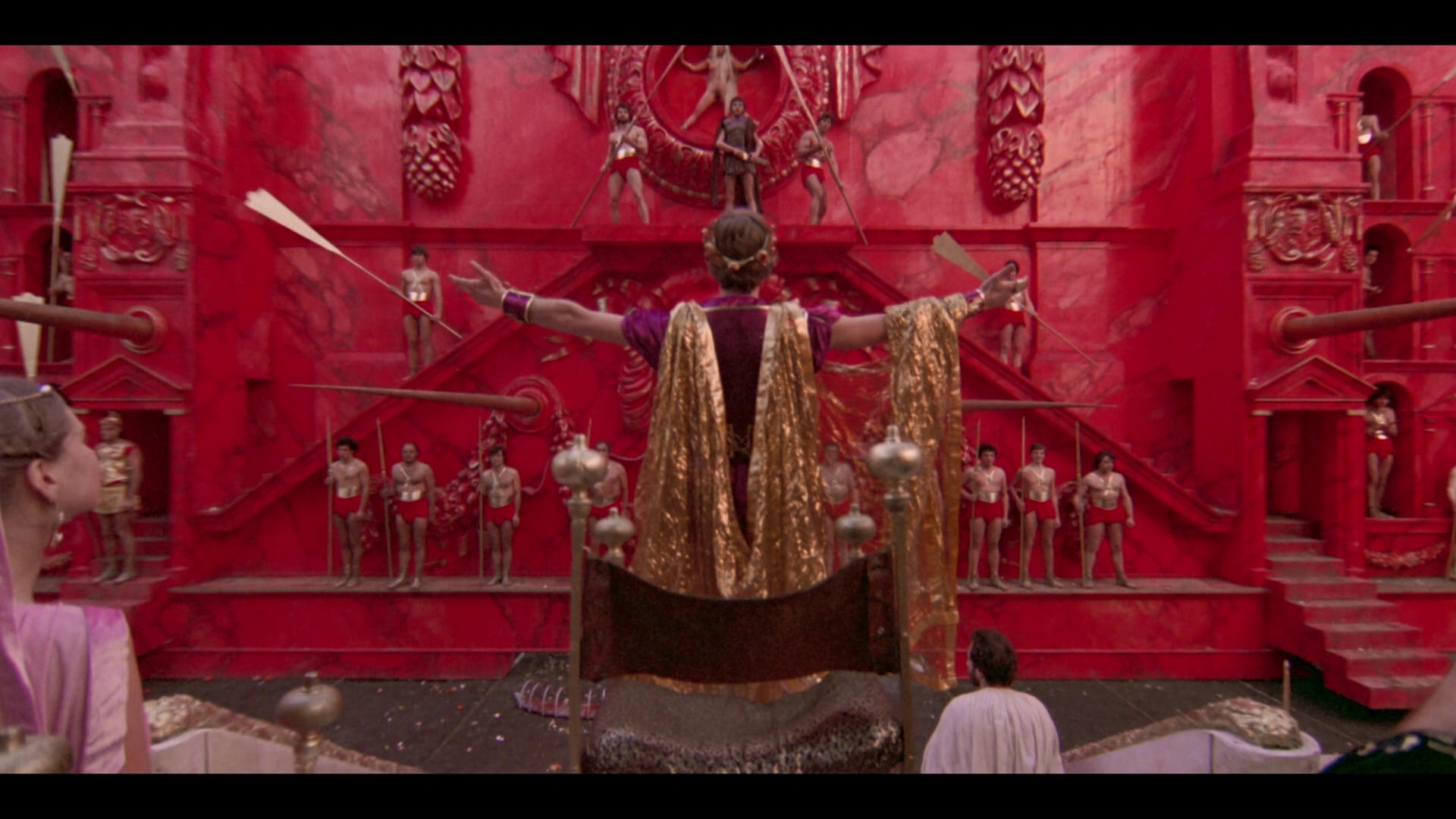
Caligula first reached the screen in 1979 – just months after the Cannes debut of another of Coppola’s wild auteurist swings, Apocalypse Now. That one was a hit too. Of course, Apocalypse Now was also an artistic triumph. Caligula was a different story, an expensive attempt by Guccione to take his Penthouse aesthetic and hardcore sensibility into the mainstream by producing a big movie on a big budget with big stars.
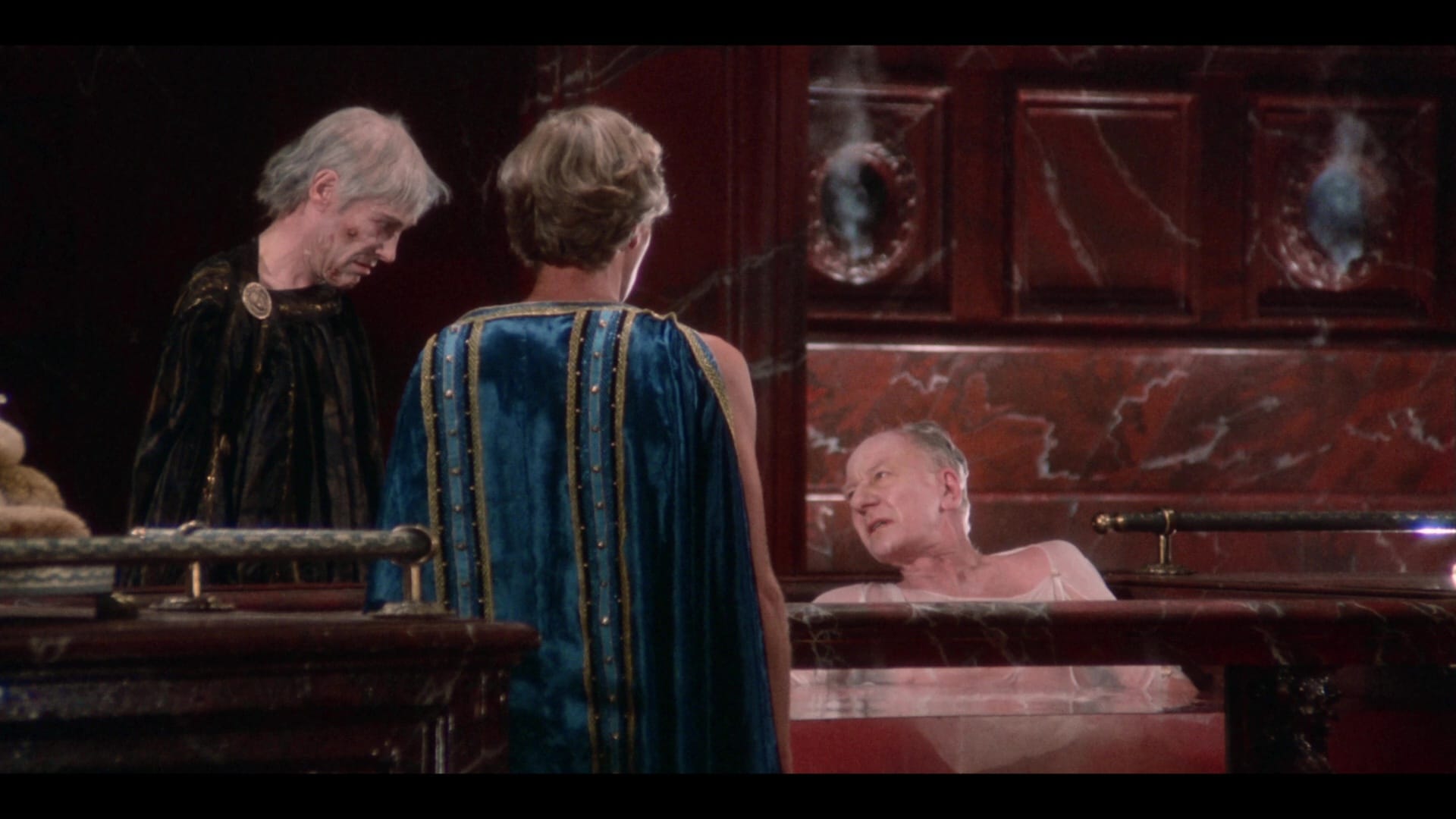
But when Brass delivered his film, Guccione decided it didn’t go far enough, commissioning new, explicitly pornographic scenes and jamming them into the footage so clumsily as to render the film almost incoherent. They say all art is subjective, but by every conceivable measure Caligula was pure folly.
What Caligula: The Ultimate Cut asks, is: What if it wasn’t? Relying entirely on alternate takes and unused footage, author and art historian Thomas Negovan has created a new version of Guccione’s creation. It’s three hours long and favors plot and character over blood and boning, attempting to hew more closely to Vidal’s original intentions. Among other things, the narrative has been reconfigured to give Caligula’s wife Caesonia much more screen time because Negovan knows Helen Mirren is the best thing in the picture.
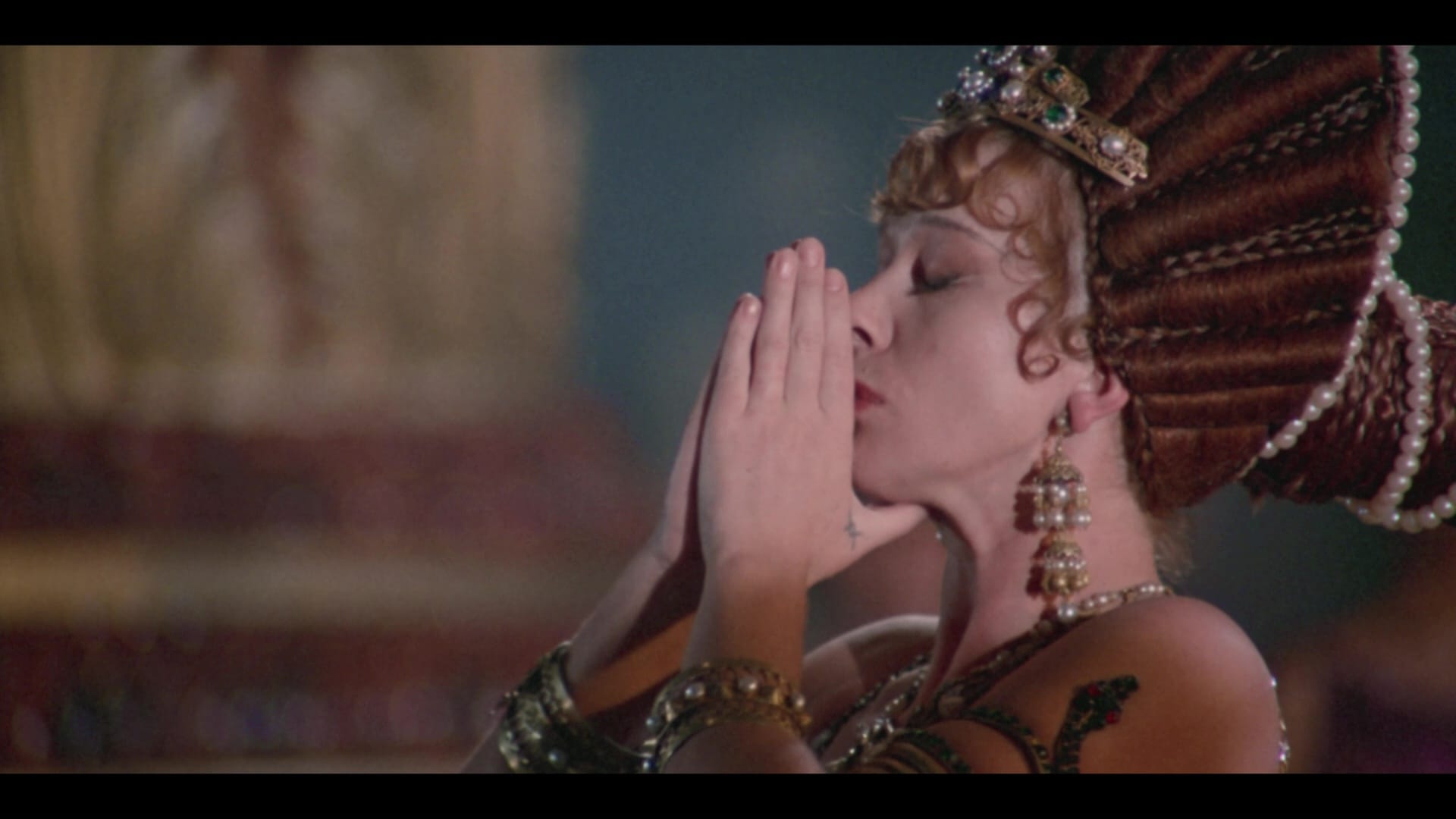
One can’t even call The Ultimate Cut – now on Blu-ray, and coming to 4K later this month – a restoration, since literally none of the original film is in there; even the music has been thrown out, replaced with a newly commissioned score by The Call of Cthulhu’s Troy Sterling Nies. If anything, it’s a clone, grown from the same cells but nurtured in a different direction. And that does make it interesting … but it still can’t make it good.
In any version, Caligula is the fruit of a poisoned tree. Yes, it was written by Gore Vidal and in addition to Mirren, it stars Malcolm McDowell, Peter O’Toole and John Gielgud, some of the greatest actors of their respective generations. But Guccione understood movies about as well as Elon Musk understands trucks, and the production was undermined from the start by his insistence that only he knew what an audience would want from this story, which turned out to be “more of everything.”
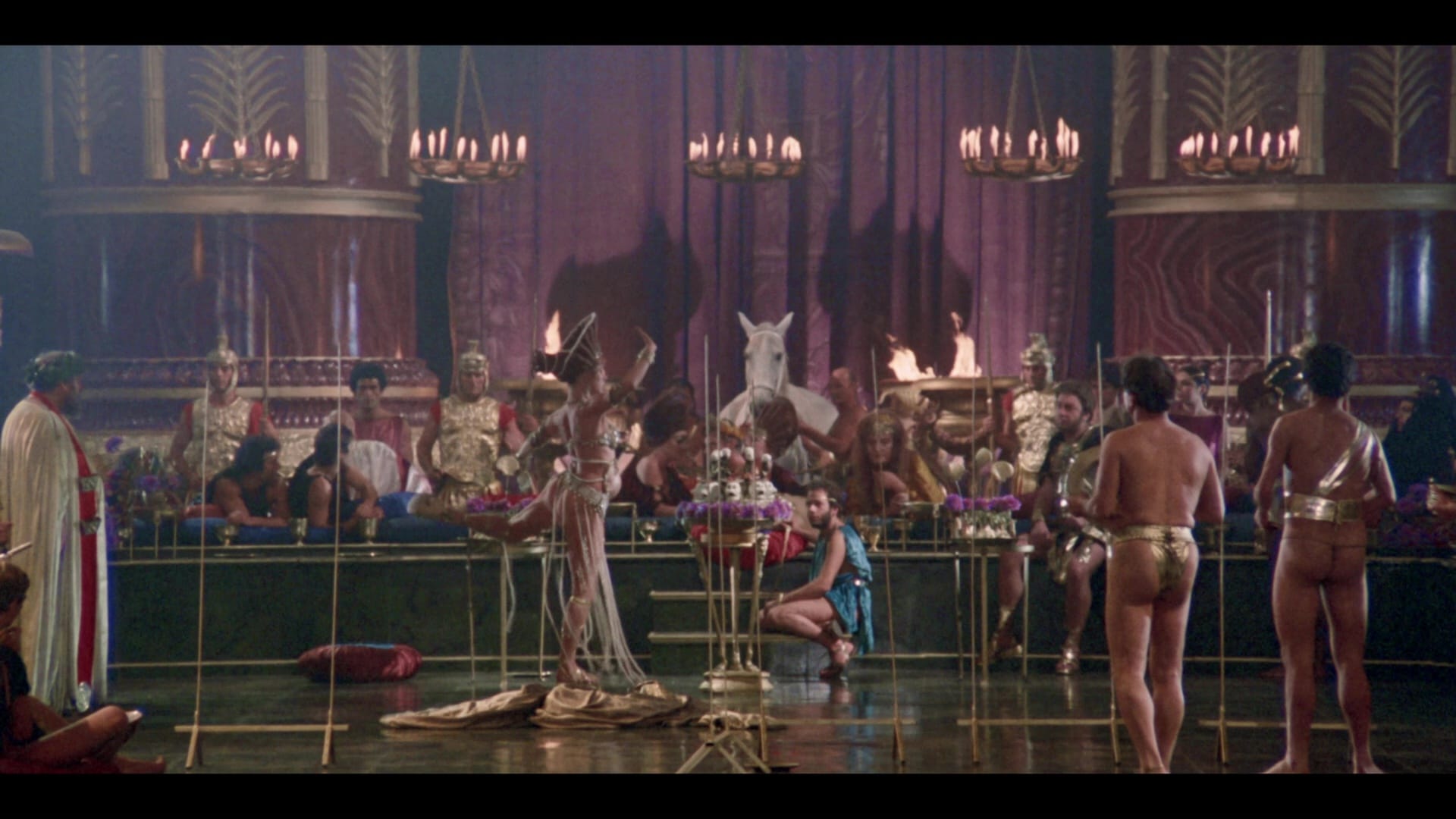
Thus, the defining trait of Caligula, in every iteration, is excess – wide shots that demonstrate how expensive and expansive the sets are, but wind up distancing us from the characters and the story, or more intimate framing that’s still crowded with half-naked extras swaying back and forth in the background, because Guccione thought that was classy and Tinto Brass was happy to have more flesh in the shot. And the performances are amped up to arena-rock levels … with the sole exception of Gielgud, whose relative calm as Nerva, advisor to O’Toole’s syphilitic Tiberius, seems downright classy.
In fairness, The Ultimate Cut does deliver richer relationships between McDowell’s mad emperor and the women in his sphere – not just Mirren’s Caesonia, but his sister-lover Drusilla (Teresa Ann Savoy) as well. Also in fairness, those scenes are kind of silly, because every scene in Caligula is kind of silly.
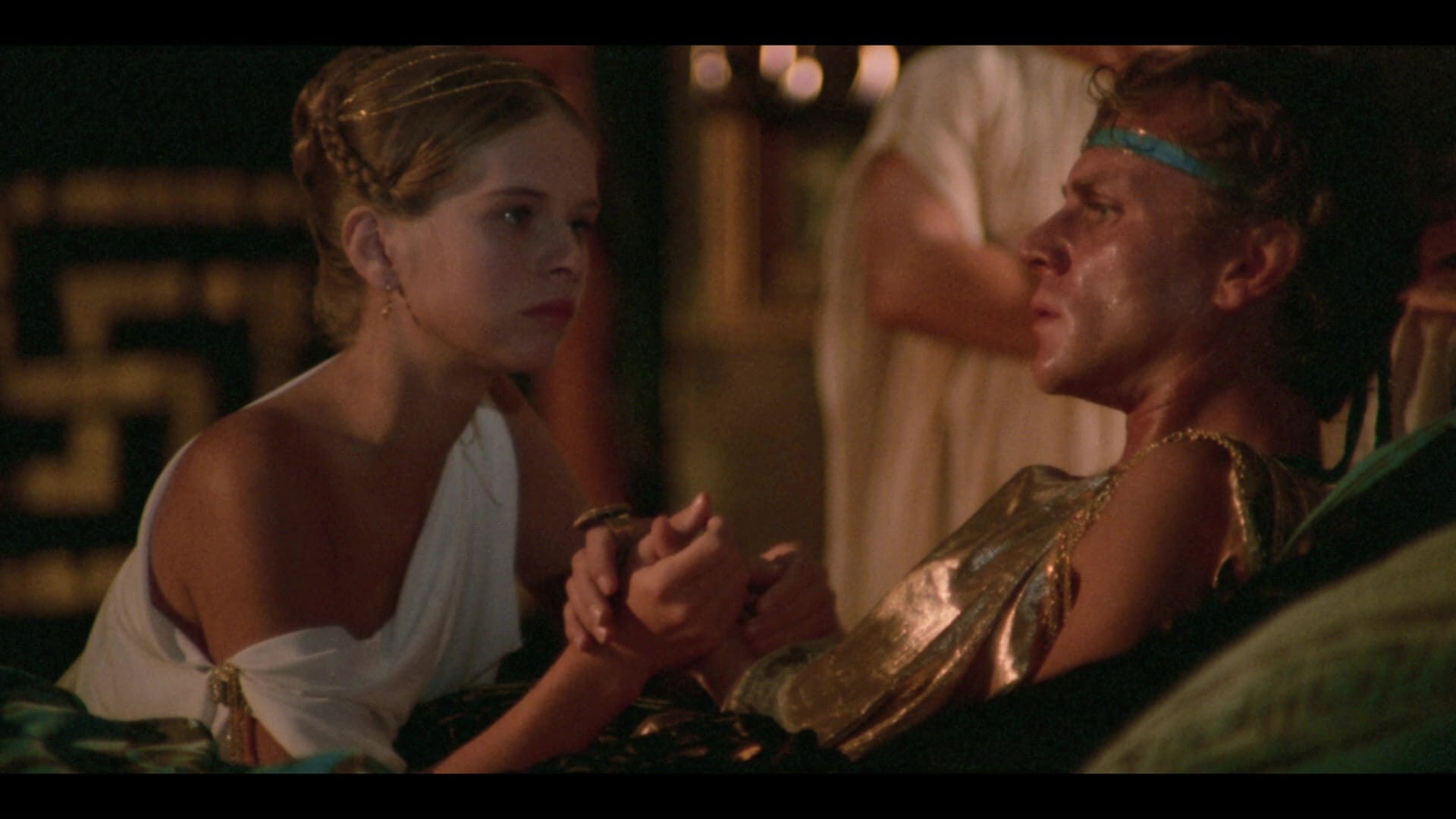
I don’t deny this film has its admirers and defenders, and the idea of someone creating a definitive Caligula after so many versions have failed to crack it is certainly appealing. But Negovan – as much as he clearly loathes what Guccione did to the film – has bought into the producer’s delusion that this was going to be a grand historical epic, and that simply isn’t so.
The problem with Caligula, in every cut, is that the movie doesn’t work. Even as a camp object, it’s too long and too self-serious; it’s impossible to watch ironically. And it just isn’t that compelling as a drama, because the performances are pitched too high. Bob Guccione set out to conquer a new world – to literally expand his empire – and wound up defeating himself. You want folly? That’s folly. And while Caligula: The Ultimate Edition does offer an intriguing historical corrective, it can’t make you believe it’s unearthed a lost masterpiece.
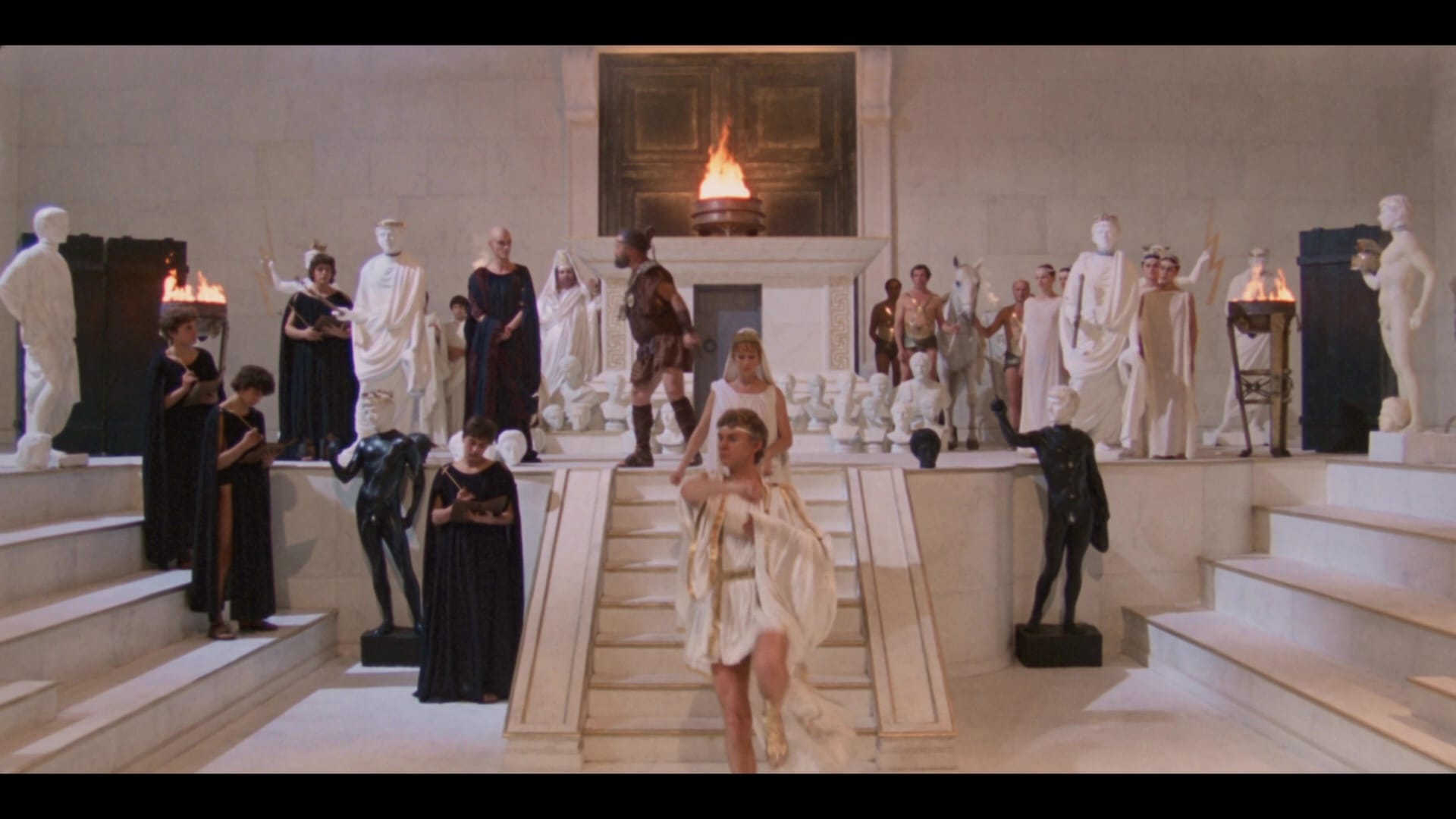
Unobstructed Films’ Blu-ray edition does make it easy to compare the two, offering The Ultimate Cut and the original 1979 theatrical release on separate platters. The Ultimate Cut looks very, very good, showing none of the print damage or general schmutz of previous DVD and Blu-ray transfers – though I suppose that grotty look became part of the film’s disreputable allure.
The schmutziness remains on the theatrical version, which has been remastered in 4K from a well-used 35mm print found in a Boston warehouse. (It’s framed at 1.78:1 rather than the actual aspect ratio of 2:1 chosen by Brass and his longtime DP Silvano Ippoliti.) It looks almost sickly, closer in detail to an upconverted DVD; the “Imperial Cut” Blu-ray released by Image in 2009 looked considerably better, though of course its source elements were nowhere near as degraded.
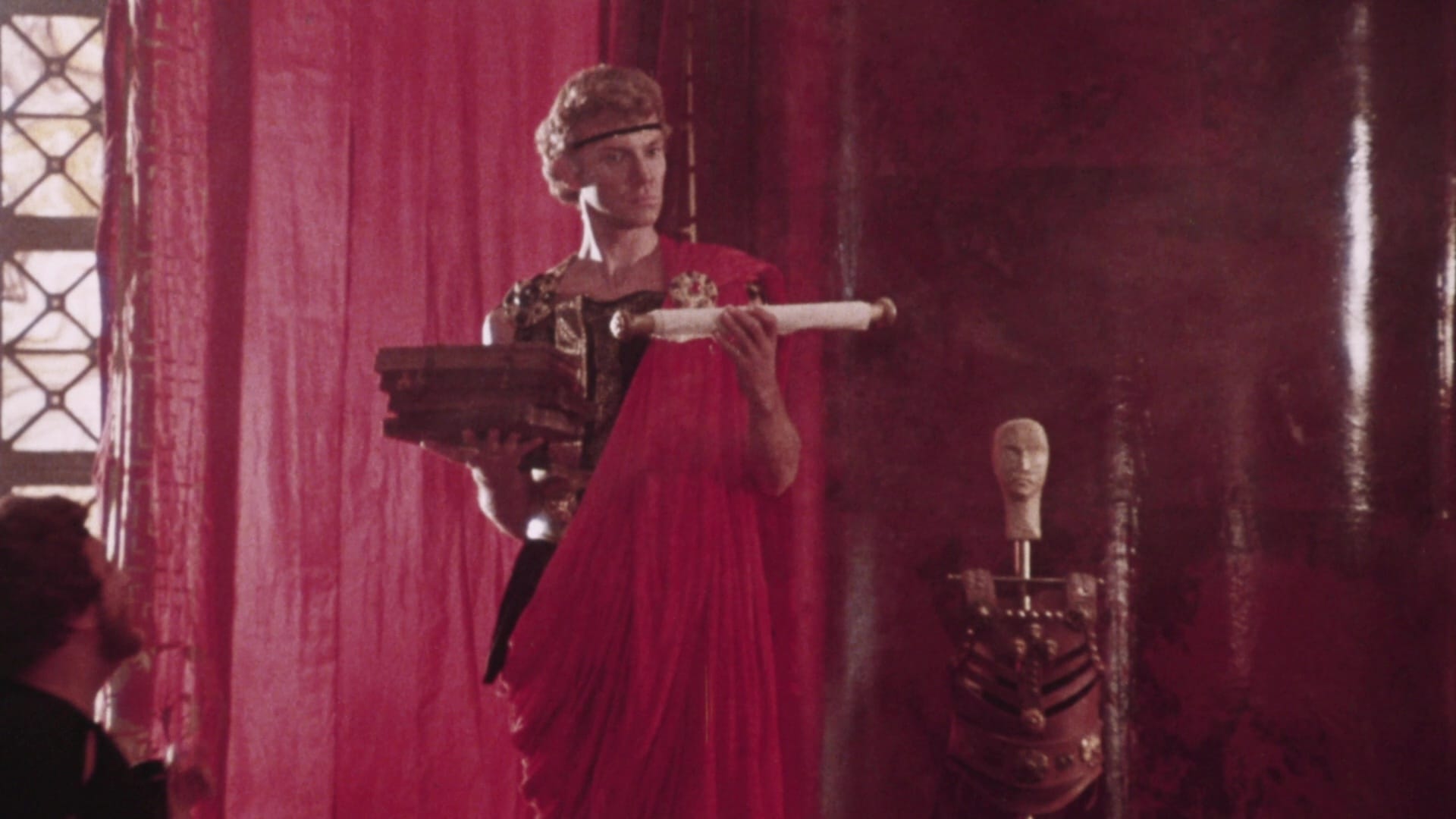
Curiously, this theatrical print is not the Guccione version; it runs 149 minutes, three minutes shorter than the “pre-release” version included on the Image disc, and six minutes shorter than the reconstructed Imperial Cut. It’s still rife with violence and nudity, putting the lie to the idea that Vidal and Brass’ Caligula was a classy project besmirched by Guccione’s filth. But it’s definitely a softer version.
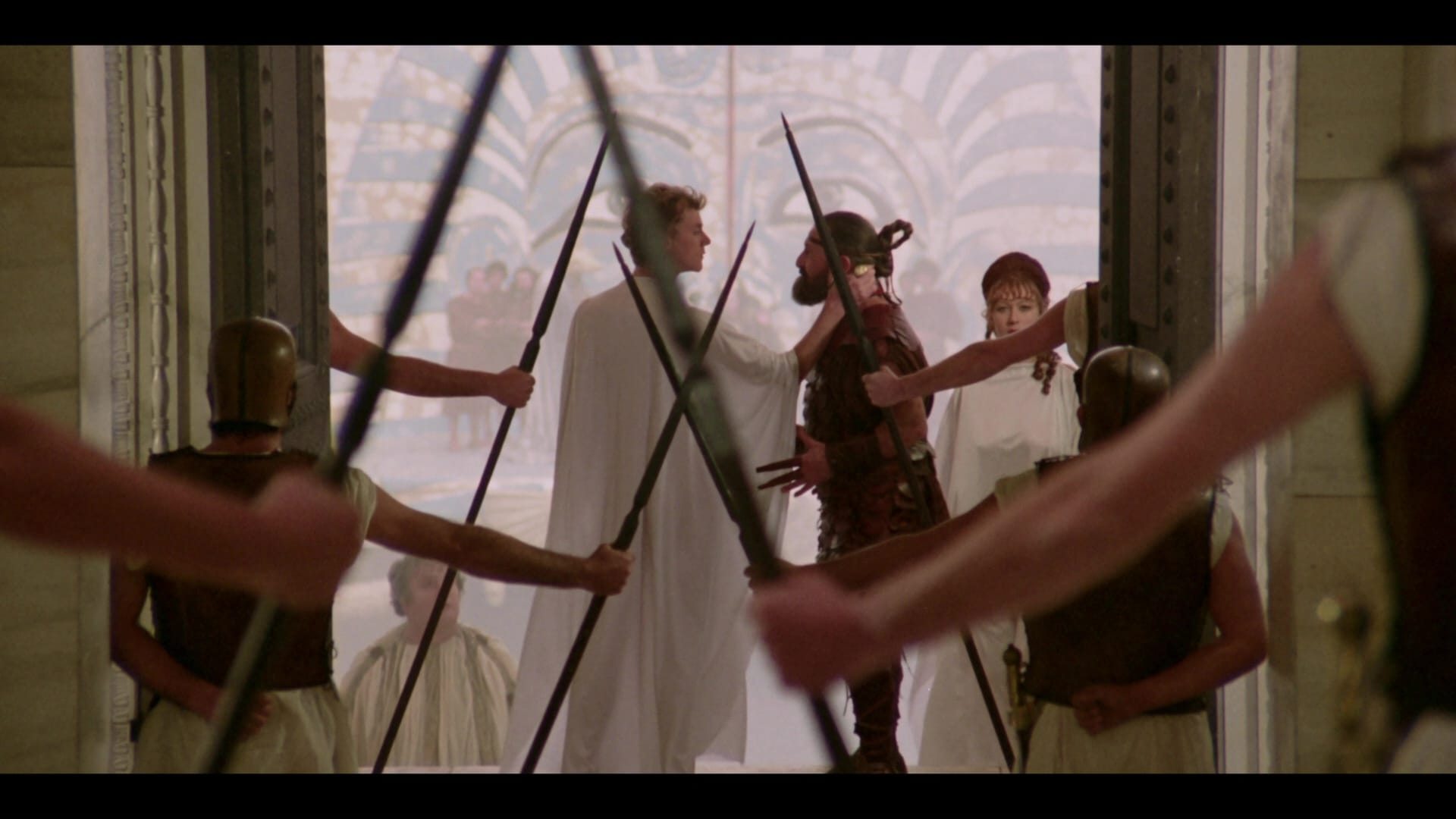
Sadly, Unobstructed View was unable to secure any of the special features from Image’s release, meaning we don’t get the commentary tracks featuring Malcolm McDowell, Helen Mirren or Ernest Volkman, who was Guccione’s on-set writer during principal photography.
Nor do we get the hour-long production documentary, which pitches the film as “an incredible motion picture saga” (and refers to it as Gore Vidal’s Caligula throughout), or the interview with Brass that finds Caligula’s erstwhile director declaring he’d intended to make a satire about the corruption of power, and declaiming the hardcore material that destroyed the film’s integrity: “From being a film about the orgy of power, it turned into a film about the power of the orgy.” It’s an excellent point.
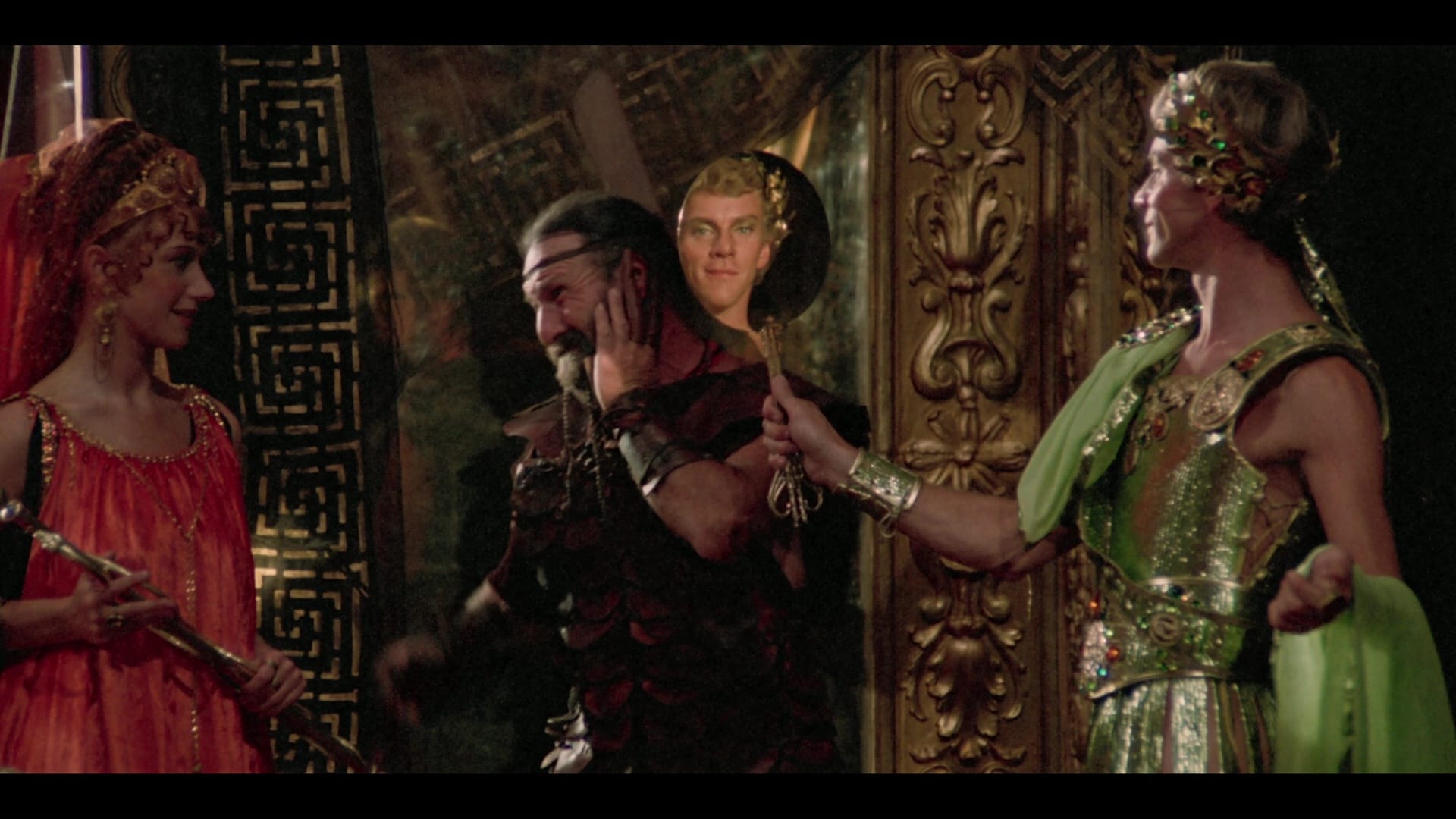
But there are some new extras: The Ultimate Cut comes with two new commentary tracks, one pairing Negovan with editor Aaron Shaps and the other teaming him with author Grant Morrison, and the theatrical platter includes a new featurette, “The Guccione Scandal,” which offers a split-screen comparison of three key scenes, with the American print on the left and Guccione’s hardcore version on the right.
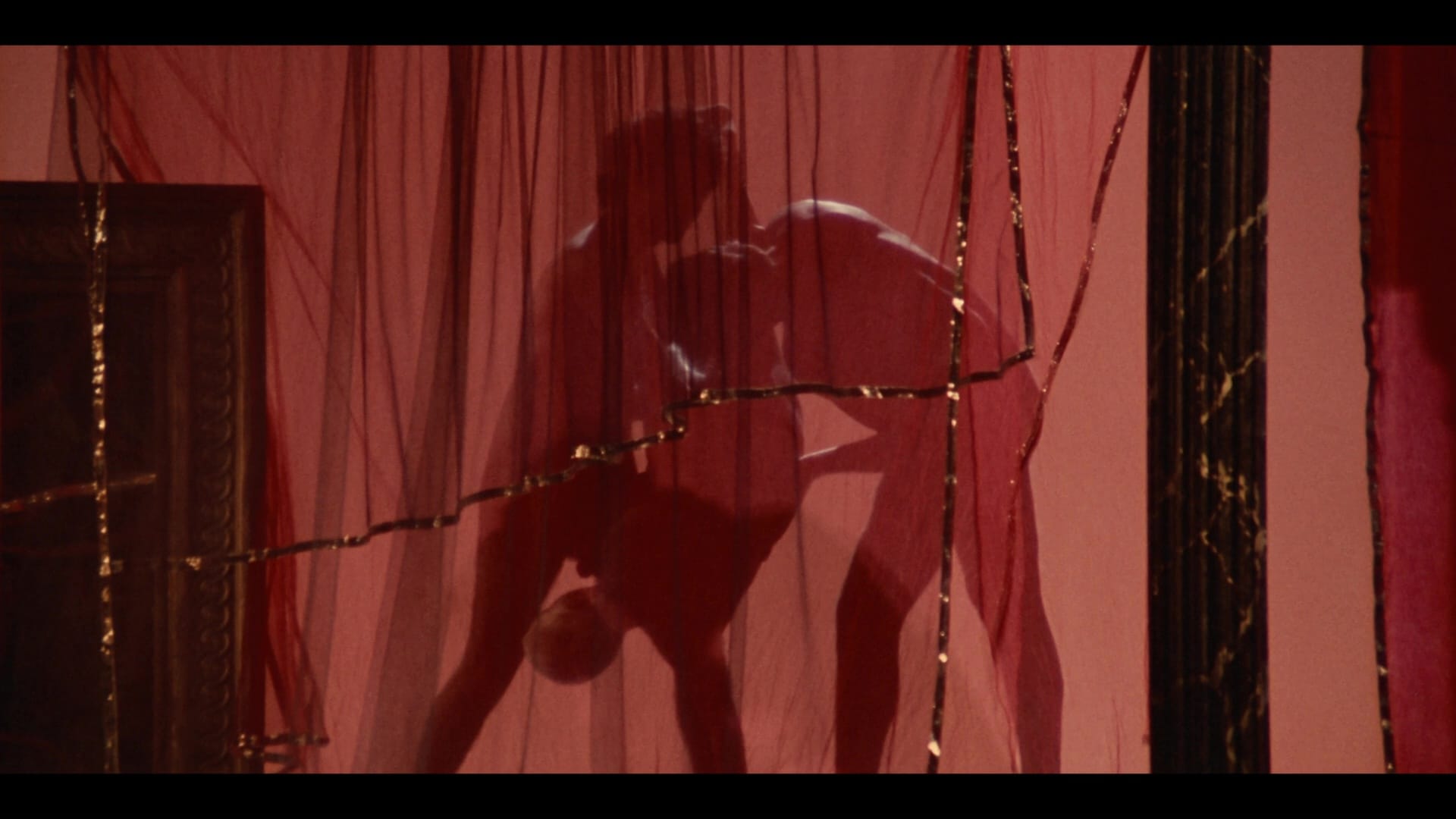
Both “The Guccione Scandal” and The Ultimate Cut open with around two minutes of text explaining the changes the producer forced on the film, thus obscuring its greatness; Negovan clearly believes Guccione is the reason the movie has been so tragically misunderstood for all this time, and that he’s finally setting the record straight. Would that it were so simple.
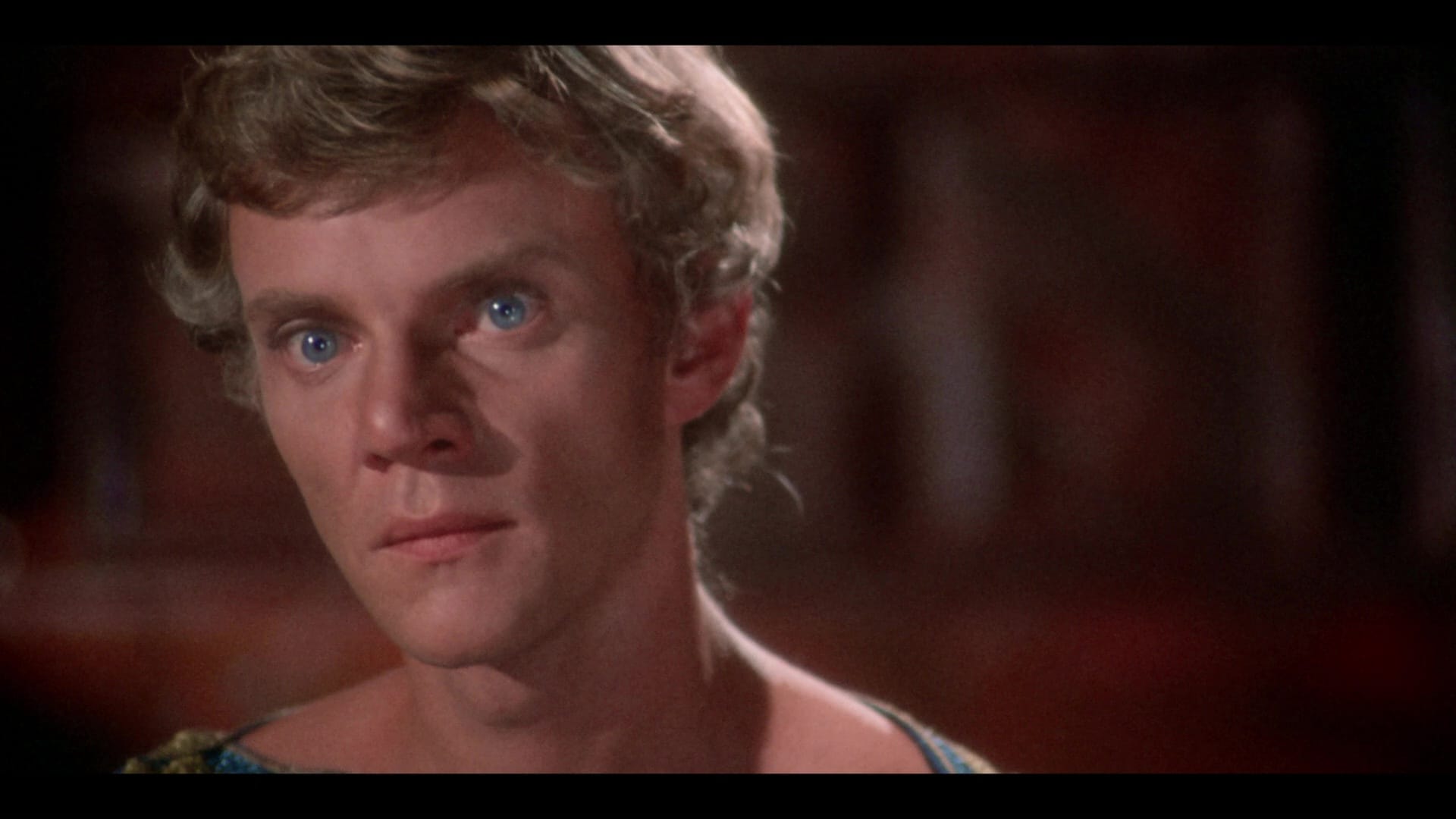
Caligula: The Ultimate Cut is available now on Blu-ray from Drafthouse Films in the US and from Unobstructed View in Canada. A 4K edition, with a bonus BD of exclusive special features and a soundtrack CD, will be available exclusively from Unobstructed View October 22nd.
Up next: The spooky season rolls in with the release of Well Go's Exhuma and a Val Lewton double-bill from Criterion. See you soon.
